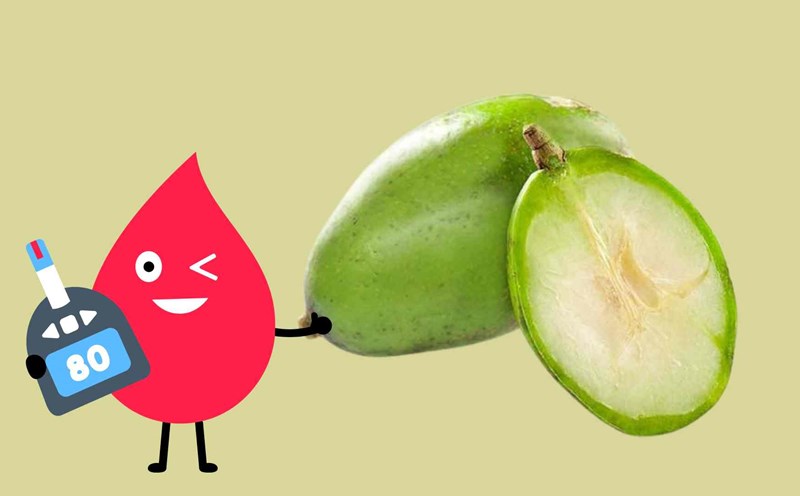Yogurt is a dairy fermented product, containing probiotics that are beneficial for the intestinal microbiome, and provide protein, calcium and B vitamins. However, not all yogurts are suitable for people with diabetes. Some products on the market contain a fairly high amount of added sugar, which can cause the glycemic index (GI) to increase rapidly after eating.
According to American nutritionist Toby Smithson, a member of the US Institute of Nutrition and Diabetes (AND) and co-author of the book Diabetes Meal Planning and Nutrition for Dummies: Swedish people can definitely eat yogurt, but should choose sugar-free, low-fat, and probiotic-enhanced yogurt. The most important thing is the time to eat to effectively control blood sugar".
Expert Toby Smithson recommends: the best time to eat yogurt is in the mid-morning or afternoon, which is about 2-3 hours after a main meal. At this time, blood sugar levels are often stable and the body can easily absorb nutrients from yogurt without causing a sudden increase in blood sugar.
Yogurt eaten at this time acts as a snack, helping to maintain energy, limit hunger and support sugar control at subsequent meals. Supporting protein and probiotics in the middle of a session will improve insulin sensitivity and support digestion and carbohydrate absorption at later meals, said Smithson.
In addition, people with diabetes should not eat yogurt on a completely empty stomach or before going to bed. Eating yogurt on an empty stomach can increase stomach acid, affecting beneficial bacteria. Meanwhile, eating close to bedtime can keep the sugar in yogurt in the blood all night long, which is not good for people with blood sugar control.
According to international recommendations, patients should choose unsweetened Greek yogurt or low-fat plain yogurt, with a carbohydrate content of less than 10g per serving (100-150g). Stay away from fruit yogurts with added sugar or artificial sweeteners of unknown origin.
Dr. Megan Rossi, a nutritionist at Kings College London (UK), notes: Yogurt is one of the foods that support good gut health and glucose metabolism, but that is only true if you choose the right one and eat it at the right time.










